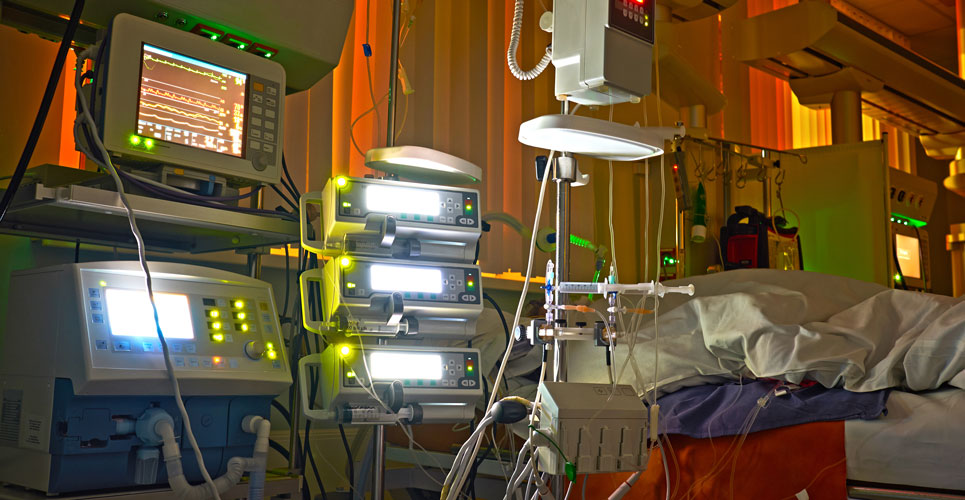Chinese researchers have identified that the highest viral load of COVID-19 is found in brochoalveolar lavage fluid and sputum.
The virus can be transmitted through droplet spread and inhalation of infected material, direct contact with an infected individual and from surfaces (fomite transmission). Consequently, healthcare staff who perform procedures such as tracheal intubation are at a high risk of infection themselves.
Due to these risks, a multidisciplinary group recently produced consensus guidelines for managing airway procedures in those infected with COVID-19.
The guidelines are comprehensive and cover several airway procedures including emergency tracheal intubation, tracheostomy and non-invasive ventilation and interested readers should consult the full guideline to review the suggestions for each procedure.
The fundamental principles of the guideline are safety for patients and staff, accuracy, that is, avoiding unreliable, unfamiliar or repeated techniques and finally ensuring that procedures are performed swiftly but without rushing or delay.
The guideline contains a single-page summary which uses emergency tracheal intubation as an example with a step-by-step guide to performing the procedure with examples for good practice, that is, limiting the number of staff present, ensuring staff wear personal protective equipment at all times and touch as little as possible to avoid fomite transmission.

